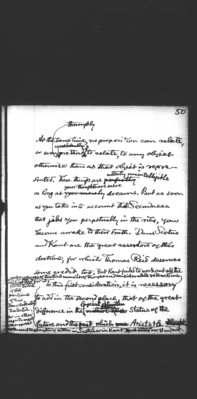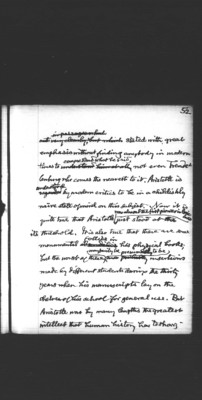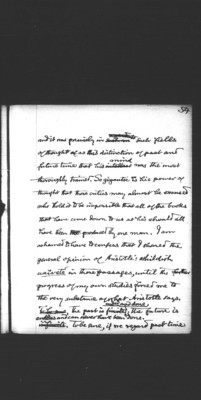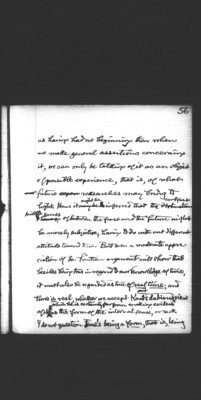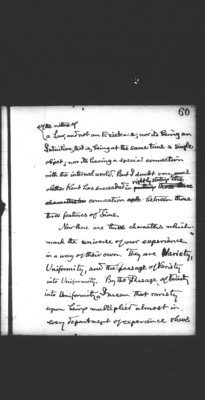Pages
26
50
At the same time, no proposition can relate, or even consistently thoroughly pretend to relate, to any object otherwise than as that object is represented. These things are utterly unintelligible as long as your thoughts are mere dreams. But as soon as you take into account that Secondness that jabs you perpetually in the ribs, you become awake to their truth. Duns Scotus and Kant are the great assertors of this doctrine, for which Thomas Reid deserves some credit, too. But Kant failed to work out all the consequences of this third moment of thought and considerable retractions are called for accordingly from some of the positions of his Transcendental Dialectic. Nor in other respects must it be supposed that I assent to everything either in Scotus or in Kant. We all commit our blunders.
To this first consideration, it is necessary to add in the second place, that of the great difference in the logical status of the future and the past, which Aristotle
27
52
stated with great emphasis without finding anybody in modern times to comprehend what he said, not even Trendelenburg who come the nearest to it. Aristotle is understood by modern critics to be in a childishly naïve state of mind on this subject. Now it is quite true that Aristotle was almost the first pioneer in logic and just stood at its threshold. It is also true that there are some monumental follies in his physical books; but the worst of these may fairly be presumed to be insertions made by different students during the thirty years when his manuscripts lay on the shelves of his school for general use. But Aristotle was by many lengths the greatest intellect that human history has to show;
28
54
and it was precisely in such fields of thought of as this distinction of past and future time that his mind was the most thoroughly trained. So gigantic is his power of thought that those critics may almost be excused who hold to be impossible that all of the books that have come down to us as his should all have been produced by one man. I am ashamed to have to confess that I shared the general opinion of Aristotle's childish naïveté in these passages, until the further progress of my own studies forced me to the very substance of what Aristotle says. The past is ended and done. The future is endless and can never have been done. To be sure, if we regard past time
29
56
as having had no beginning then when we make general assertions concerning it, we can only be talking of it as an object of possible experience, that is, of what future researches may bring to light. Hence it might be inferred that the contrast Aristotle speaks of between the past and the future might be merely subjective, having to do with our different attitude toward them. But even a moderate appreciation of the Kantian argument will show that besides being true in regard to our knowledge of time, it must also be regarded as true of real time; and time is real, whether we accept Kant's dubious view of it which he is certainly far from making evident as the form of the internal sense, or not. I do not question Time's being a form, that is, being
30
60
of the nature of a Law, and not an Existence; nor its being an Intuition, that is, being at the same time a single object; nor its having a special connection with the internal world. But I doubt very much whether Kant has succeeded in rightly stating the connection between those three features of Time.
Now there are three characters which mark the universe of our experience in a way of their own. They are Variety, Uniformity, and the passage of Variety into Uniformity. By the Passage of Variety into Uniformity, I mean that variety upon being multiplied almost in every department of experience shows
